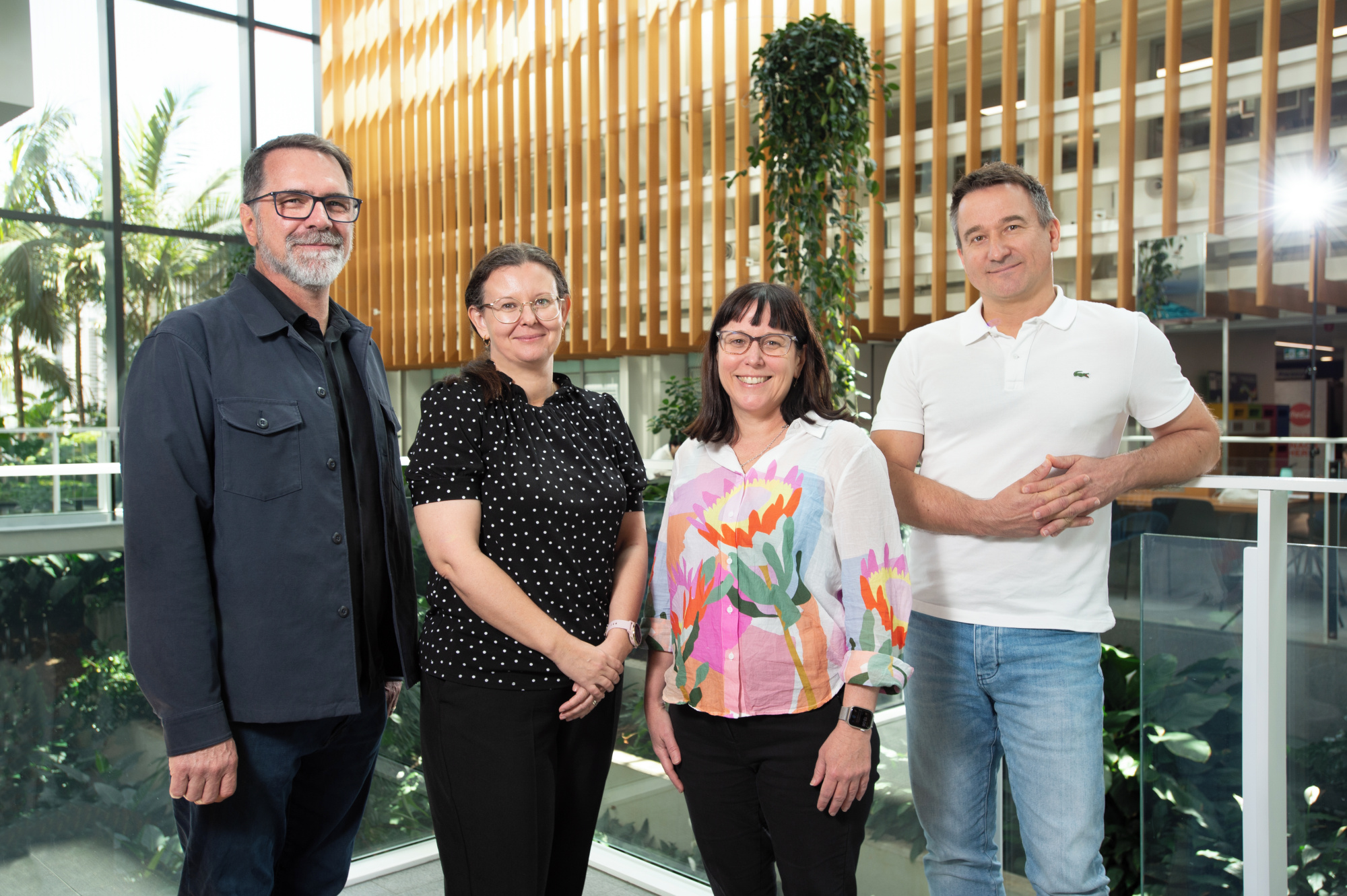
Australian families involved in a three-year investigation into digital disadvantage have rated online connectivity and digital skills as important to them as housing, food, and electricity.
Discussion of the report's findings is available via Webinar: The low-income families digital divide today (Nov 1) 12pm AEST/1pm AEDT.
QUT led the research into digital disadvantage in low-income families from six communities from North Queensland to Tasmania.
The report, titled Digital inclusion is everybody’s business, involved research teams from four universities who partnered with children’s charities to work closely with 30 families for three years.
The research analysed the digital inclusion implications of children’s home and school learning experiences, school leavers’ transitions into work and parenting in digital times.
QUT professor Michael Dezuanni said that low-income families need access to digital technologies because it is now essential for learning, work, and social connection.
“Digital accessibility for everyone needs to be seen as a human rights issue as important as running water and electricity with digital literacy required to access digital-by-default government services.
“Participating families reported great inconsistencies in how schools provide technology to students, and this highlights the need for a coordinated approach to supporting how children in low-income families access educational opportunities through digital technology.”
The Smith Family’s Head of Research Anne Hampshire said a lack of access to essential digital tools widens the knowledge gap between students.
“Not having access to essential digital tools like a device, reliable internet and technical support makes it extremely difficult for a student to fully engage with their education and puts them at risk of falling behind their peers at school,” Ms Hampshire said.
Researchers observed key differences between low-income families from urban areas to remote areas, highlighting a need for place-based approaches that were context specific.
The research also identified families sometimes must choose between digital connections and necessities like groceries.
Report co-author Dr Kim Osman said that low-income families across the country were feeling the effects of the cost-of-living crisis.
“Often tough decisions need to be made and parents and caregivers take on extra work or extra financial commitments that add to the strain,” she said.
“Families prioritise their children’s access to technology as they do not want their children to be left behind. We have observed potentially damaging financial and purchasing practices through use of buy-now-pay-later products which families often struggled to manage,” she said.
To improve digital inclusion of low-income families, the report made 11 recommendations detailing strategies to initiate in the next five years.
- Low-income families should have access to affordable prepaid products, including mobile and fixed line broadband.
- Digital service delivery platforms must be accessible for the most digitally excluded people.
- Educational authorities and policy makers should develop policy and guidelines for the provision of school technology to low-income students.
- Expand the range of consumer information available through agencies like Australian Communications Consumer Action Network (ACCAN) and increase consumer awareness of affordable telecommunications products.
- Devices provided to low-income families should be appropriate and fit-for-purpose.
- Investment needs to be made into designing and delivering digital inclusion programs for families and young people.
- Funding for digital inclusion programs and activities needs to be fit for purpose and sustainable.
- Rural and regional towns need support to meet the digital inclusion needs of low-income families, recognising the resource constraints often experienced by these communities.
- Essential community information needs to be well-planned and communicated across a variety of digital and non-digital platforms.
- Communities and organisations must invest in capacity to provide just-in-time support for families to access technology and digital services.
- Community-based organisations should collaborate to advocate for increased resourcing to support low-income families’ digital inclusion.
The research team included Professor Michael Dezuanni, Professor Marcus Foth, Professor Peta Mitchell, and Dr Kim Osman from QUT.

Researchers affiliated from other institutions included Professor Anthony McCosker from Swinburne University, Dr Jenny Kennedy from RMIT, Associate Professor Tanya Notley from Western Sydney University, Dr Amber Marshall from Griffith University, Anne Hampshire from The Smith Family and Dr Marion Byrne from yourtown.
The project was part of the Australian Research Council Linkage Project (2021-2024) Advancing digital inclusion in low-income Australian families.
It is a partnership with Queensland University of Technology, Western Sydney University, RMIT University, Swinburne University of Technology, Good Things Foundation Australia, The Smith Family, yourtown, Infoxchange and the Digital Literacy Foundation.
A pdf of the report is available upon request.
Feature image: Gorodenkoff from Getty Images.
CONTACT: media@qut.edu.au or 0407 585 901 (after hours)
Smith Family: Andrew.dickson@thesmithfamily.com.au and 0421 285 529


